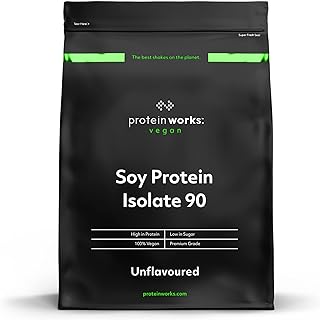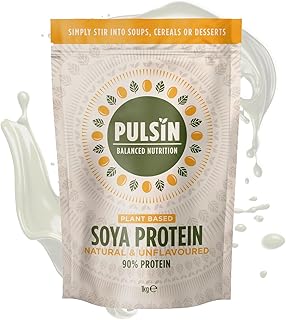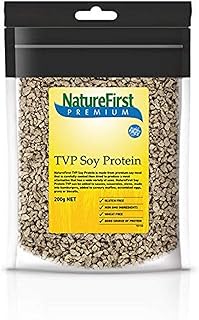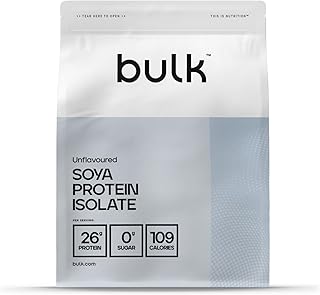Soy, a versatile legume, is a staple in many diets worldwide. Rich in nutrients like protein, fiber, and vitamins, soy forms the basis of various foods, from tofu to plant-based meat alternatives. Despite its nutritional value, concerns have been raised about soy’s impact on hormone levels due to its isoflavone content, which can mimic estrogen in the body.
Research indicates that moderate soy consumption is generally safe and does not significantly affect hormone levels in most individuals. However, excessive soy intake, especially in men, may lead to hormonal imbalances and related health issues like low testosterone. Additionally, soy’s goitrogenic properties could potentially interfere with thyroid function, particularly in individuals with existing thyroid conditions.
For individuals with thyroid disease, it is advisable to limit soy intake, especially if their diet lacks sufficient iodine. Soy can also hinder the absorption of thyroid medication, necessitating caution in consumption. While soy products are generally safe for most people, those with soy allergies should avoid all soy-based foods to prevent adverse reactions.
On the flip side, soy offers various health benefits when consumed in moderation. Studies suggest that soy consumption may promote muscle growth, aid in weight loss, reduce the risk of certain cancers, and improve heart health. Additionally, soy-rich diets may alleviate menopausal symptoms in women, although further research is needed to confirm these effects.
There are different types of soy foods, including traditional unprocessed options like edamame and tofu, as well as fermented products like tempeh and miso. In contrast, processed soy foods, such as soy-based meat replacements and soy milk ice cream, may be less nutritious due to extensive manufacturing processes.
When incorporating soy into your diet, choosing whole soy foods over processed alternatives is recommended for maximum nutritional benefits. Whole soy products are rich in essential nutrients and can complement a balanced diet that includes a variety of fruits, vegetables, nuts, seeds, and fish. Consulting a healthcare provider or registered dietitian can offer personalized guidance on integrating soy into your diet effectively.
In conclusion, while concerns exist regarding soy’s impact on hormone levels and thyroid function, consuming soy in moderation can be a healthy addition to most diets. By selecting nutritious soy options and maintaining a well-rounded diet, individuals can harness the various health benefits that soy has to offer.
📰 Related Articles
- Tax Deductions for Pet Expenses: What Owners Need to Know
- Soy’s Impact on Men’s Health: Debunking Myths and Benefits
- Soy’s Health Benefits and Myths Debunked by Nutrition Expert
- Makhana’s Health Benefits and Risks Unveiled by Nutritionist
- Chia Seeds: Health Benefits and Risks Unveiled






